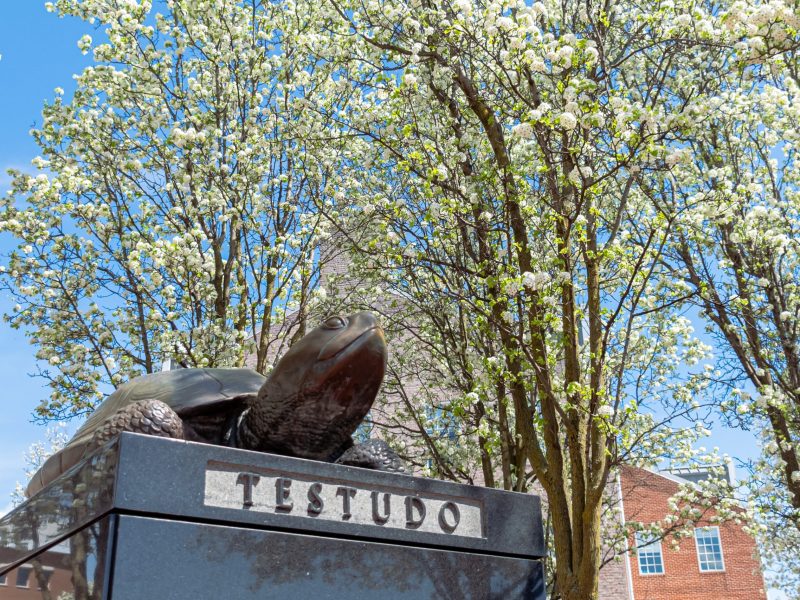
When Conor Oberst was the frontman for Bright Eyes, he recorded an album called I’m Wide Awake It’s Morning. Upon its release, critics and fans were largely blown away. Oberst was a lyrical genius, they said. He’d be this generation’s Bob Dylan. Just wait to see what he comes out with in the future.
Four years later, Oberst is no longer known as Bright Eyes, and for now all those grandiose comparisons have fizzled and faded away.
Rightfully so, too – Oberst’s work with the Mystic Valley Band is very much below par compared with his output under the Bright Eyes moniker.
Oberst always had an innate ability to make every track he sang seem urgent. He was constantly restless as a vocalist, his voice often angry and prone to lift to a yell. But in his migration from screaming emo kid to alt-country practitioner by way of folk singer, the intensity has been compromised.
The only exception on Oberst’s latest, Outer South – which is billed to Conor Oberst and the Mystic Valley Band – is the rousing “Roosevelt Room.” Above a flurry of distorted electric guitars, Oberst is as angry as we know he can be when taking on controversial topics such as the president or the economy.
“You get death as consolation / You know only hate and rage,” he sings with a hint of menace. “You paid a dowry for your child bride / And now she’s living like a slave.”
“Roosevelt Room,” though, is the only song on Outer South that moves into distinct rock ‘n’ roll territory. Nearly every one of the other 15 songs on the album fits into a basic alt-country backbone.
The stabs of organ from song to song are almost everywhere, and overly repetitive guitar lines weave themselves into the spaces between vocal passages. Oberst has expunged most of the waver and dissonance from his delivery in favor of a cleaner, easier-to-digest tone.
Many of the songs are overlong, as well. The resultant repetition and Oberst’s flaccid voice make the songs bleed together, and with 16 of them to slog through, it becomes easy to allow the album to fall into the background.
And that’s what Outer South is, for the most part: agreeable, if very unmemorable, background music for people who can stomach Oberst’s alt-country leanings.
In what may be an attempt to combat boredom – or maybe just to include some friends – Oberst has handed the vocal and songwriting reins to a few others. Six songs on Outer South are attributed to other performers, and “Worldwide,” although written by Oberst, is sung by bassist Macey Taylor.
Most of these songs are good enough to pass. Jason Boesel’s two contributions, “Difference is Time” and his version of “Eagle on a Pole” – which originally appeared on Oberst’s self-titled solo album from last year – stand out, though, mostly due to his smooth delivery. The two songs, while musically similar to much else on the record, still manage to seem natural to a degree that many others do not.
On the other end of the guest spectrum is the laughable “Air Mattress,” sung by Taylor Hollingsworth. The ridiculous synth-pop verses are only made stranger by his pinched-nose vocals. “Snake Hill,” which ends the record and puts emphasis on Hollingsworth’s voice, is similarly unpleasant.
True, Oberst’s songs are now, musically, much more intricate than anything he’s done in the past. There are some very impressive guitar lines and solos, and the songwriter seems to be content in that world.
But intricacy doesn’t equal emotion, and Outer South ends up feeling cold. The record is simply an unexciting entry into Oberst’s quickly expanding catalog.
jwolper@umd.edu
RATING: 2 stars out of 5


